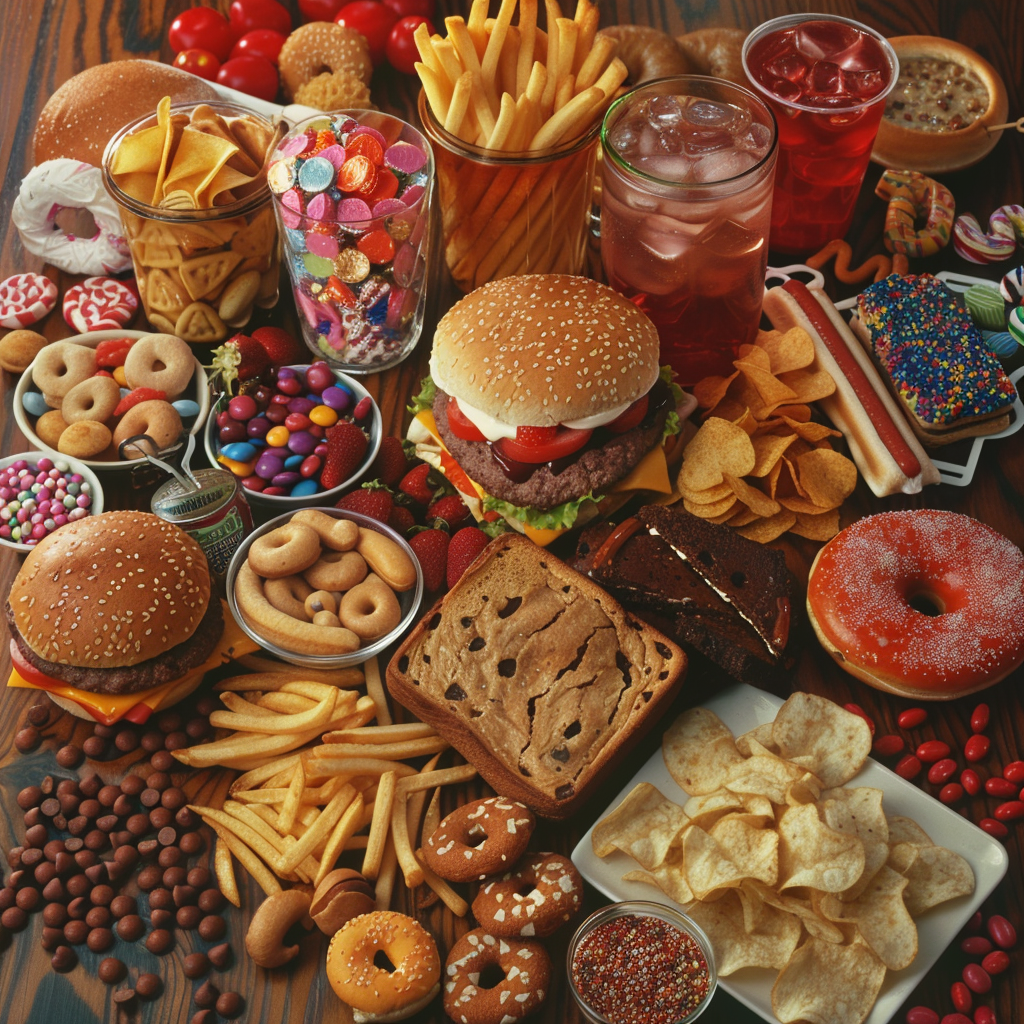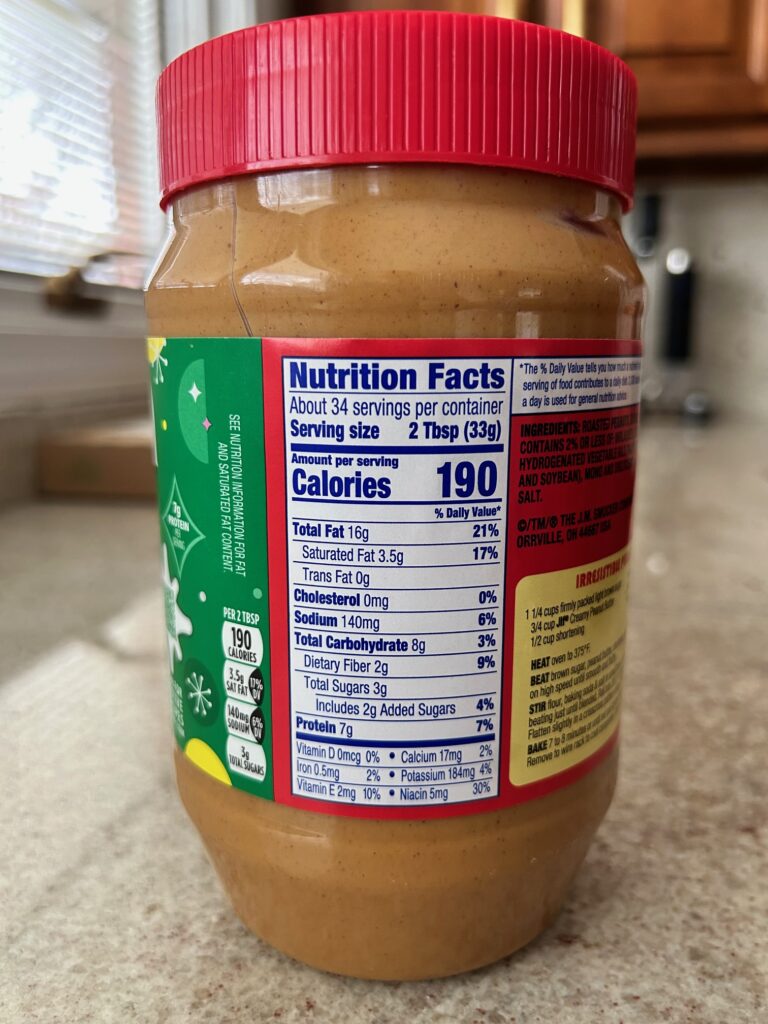By Mike Thomas, NBHWC April 4, 2024

In today’s fast-paced world, grabbing a quick meal or snack often means reaching for something processed. From soda and chips to bread and pasta, these foods fill grocery store aisles and dominate our diets.
But what’s the real cost of convenience? Let’s dive into the hidden dangers of processed foods and uncover how they’re impacting our health.

Processed Foods: A Staple in the American Diet
Processed foods are foods that have been altered in some way during preparation. They’re usually packed with added sugars, unhealthy fats, and a ton of salt to make them taste better and last longer on store shelves.
Surprisingly, over 60% of what Americans eat comes from these processed items. That’s more than half of our diet!
The Sugar Crisis

One of the biggest problems with processed foods is their high sugar content. On average, an American consumes about three pounds of sugar each week. Yes, you read that right—three pounds!
While sugars are found naturally in foods like fruits and vegetables, the sugar in processed foods is different because it’s added in large amounts. And too much sugar can lead to all sorts of health issues.
Health Problems Linked to Processed Foods
Eating too many processed foods can have serious consequences for our health. Here are some alarming statistics and facts:

Obesity: High sugar and fat levels in processed foods can contribute to weight gain. The CDC reports that the obesity rate in the United States is about 42.4% as of 2020.
Diabetes: Eating lots of processed foods can increase your risk of developing type 2 diabetes. According to the American Diabetes Association, in 2018, 34.2 million Americans, or 10.5% of the population, had diabetes.
Heart Disease: Diets high in unhealthy fats and sugars can lead to heart disease. The American Heart Association notes that heart disease is the leading cause of death in the United States.
Cancer: Some studies suggest a link between processed foods and certain types of cancer, although more research is needed to understand this connection fully.
The Addiction Factor
Processed foods aren’t just bad for our physical health; they can also be addictive. These foods are designed to make us want more, even when we’re not hungry. This can lead to overeating and make it hard for us to choose healthier options.
How to Fight Back

So, what can we do to protect our health and fight back against the dangers of processed foods? Here are some tips:
1. Read Labels: Get into the habit of reading food labels. Look for items with low sugar content and avoid foods with a long list of ingredients you can’t pronounce.

2. Eat Whole Plant Foods: Focus on eating whole foods like fruits, vegetables, and whole grains. These foods are closer to their natural state and packed with nutrients. There are even studies now that show that eating more whole plant foods like fruits and vegetables can help to negate the ill effects of processed foods.
3. Plan Ahead: Prepare meals and snacks ahead of time. This can help you avoid reaching for processed foods when you’re hungry and in a hurry.

4. Limit Sugary Drinks: Cut back on sugary drinks like soda and juice. Opt for water, unsweetened tea instead.

5. Be a Smart Shopper: Shop the perimeter of the grocery store where fresh foods like fruits and vegetables are typically located. Avoid the inner aisles filled with processed foods.
Making just one shift of these above can make an impact towards better health.
Be Your Own Superhero
In the battle against processed foods, everyone can be their own superhero. By making smarter food choices and educating ourselves about what we’re eating, we can improve our health and well-being.
Remember, it’s not about perfection but making better choices one meal at a time. Let’s knock processed sugar out of our diets and pave the way for a healthier future!
Lastly, I presented recently on a group call about the topic of processed foods. I’ve included the video link here. Feel free to give it a gander.
To your better health!
Mike
This blog is for educational and informational purposes only and solely as a self-help tool for your own use. I am not providing medical, psychological, or nutrition therapy advice. You should not use this information to diagnose or treat any health problems or illnesses without consulting your own medical practitioner. Always seek the advice of your own medical practitioner and/or mental health provider about your specific health situation. For my full Disclaimer, please go to CoachMikeThomas.com.
